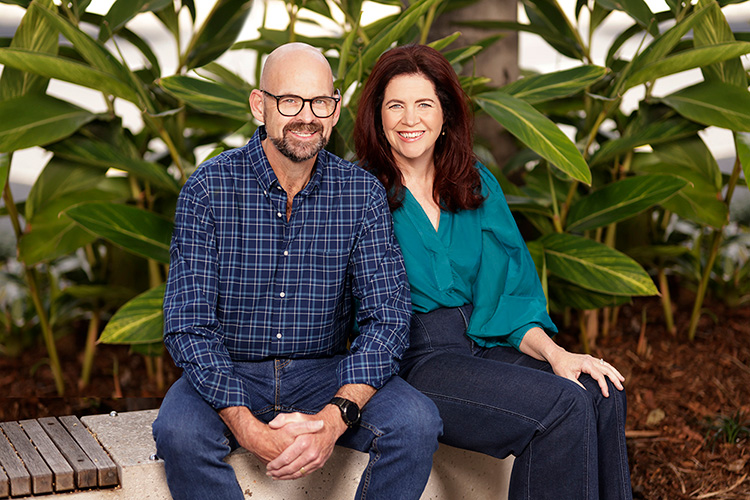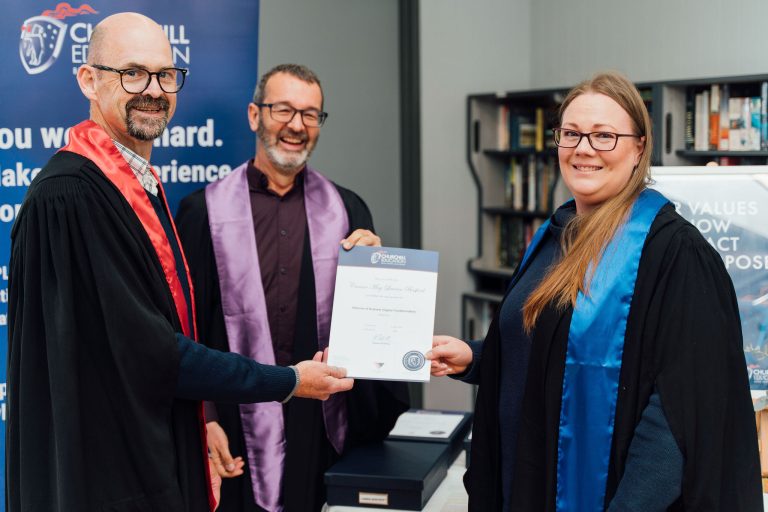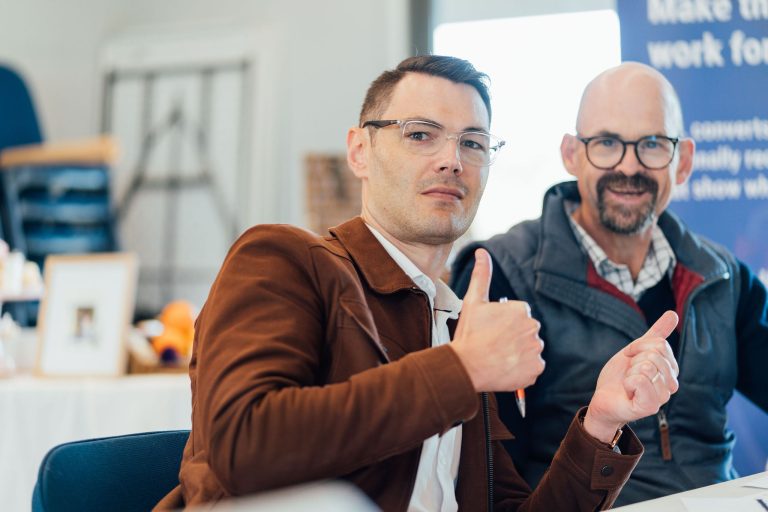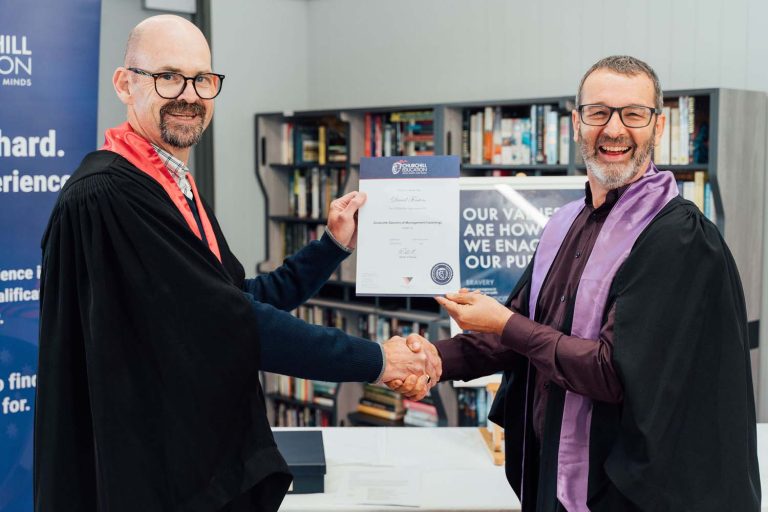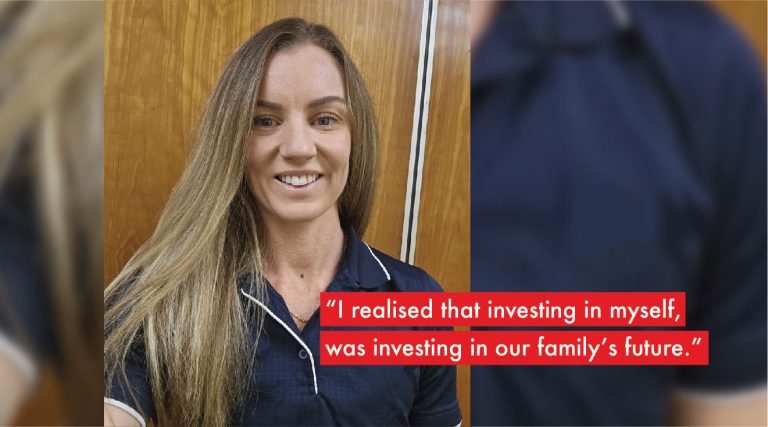In our jobs, in our careers, we get paid a price – the dollars and cents that land in our bank accounts.
And we also pay a price – the time we spend there, the impact on our mental and physical health, our relationships, our risks.
It’s Mental Health Week across Australia this week and the question is: what price are we each willing to pay?
Randall and I had two friends in a hard place. Both had a career they had dreamed of for years. Both had a career that was directly impacting their mental health. Both had a decision to make – or be made for them.
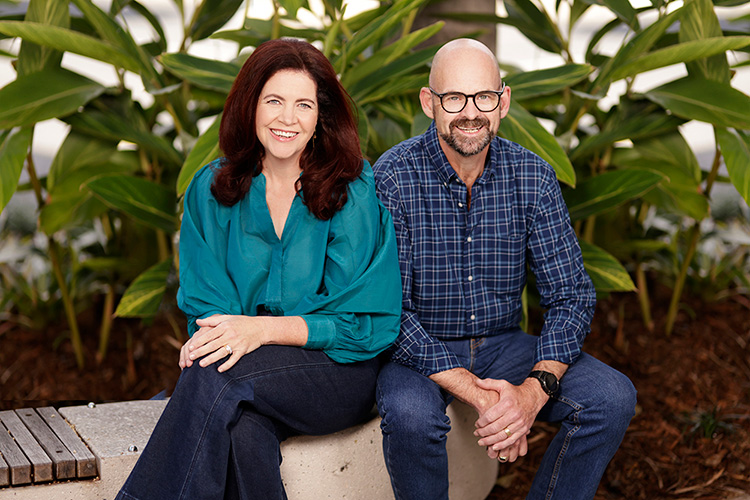
The first person to be open about his experience of anxiety and depression was a friend I met at university.
Outwardly, he had it all together.
On a career track that made him the youngest ever partner at his law firm, married to his first sweetheart, a beautiful home in a leafy street, overseas holidays regularly, a dry wit and an easy laugh.
But when the small hours of the morning whispered in his ear that he had made a mistake on a legal case, the anxiety would be so great he would have to drive into the office to check over his work; again, and again.
He told Randall and me over dinner about the diagnosis, the medication, the impact on his confidence in his abilities.
Then a second friend quietly told Randall that his job kept him awake at night too. He had chronic insomnia now.
But he couldn’t see a way out – what else could he do for a job? He hated his job, but walking away from the security of his government role to the unknown was incomprehensible.
And he was too embarrassed and scared to tell a doctor or his boss the truth.
Mental Health – What price are you willing to pay?
Our first friend chose to stay in law and manage his mental health.
He found strategies and support to make work enjoyable, changed firms, changed his work hours.
Our second friend chose to stay in government and he suffered.
Over the years, he brought in the income but became a darker, more cynical version of himself.
His favourite phrase became, “work’s f***ed”. He never changed his job but his job changed him.
Ultimately, Randall made choices with his career that meant he changed industries, changed the work he did and how he did it in order to be healthier.
What’s the best choice for you right now?
Is it time to renegotiate?
People come to us to turn their career experience into national qualifications every day.
We do this through an assessment process called Recognition of Prior Learning (RPL). It means you don’t have to study what you already know and can do.
We’ve issued nearly 29,000 qualifications to Australians in the last 18 years.
They use their qualifications for career transitions, for promotions, for responding to tenders, for meeting company and industry standards, for higher pay, for leverage in career negotiations and company reorganisations.
The people we help use their qualifications to give them choices – a choice to remain, a choice to get ahead, a choice to get out, a choice to carry with them another label – one marked “Possibility”.
If you are looking at your job, your career and thinking it is time to negotiate a better price, one that is better for your health, for your relationships or for your finances, then we are here to help.
Contact us below to get started on a free RPL appraisal.


